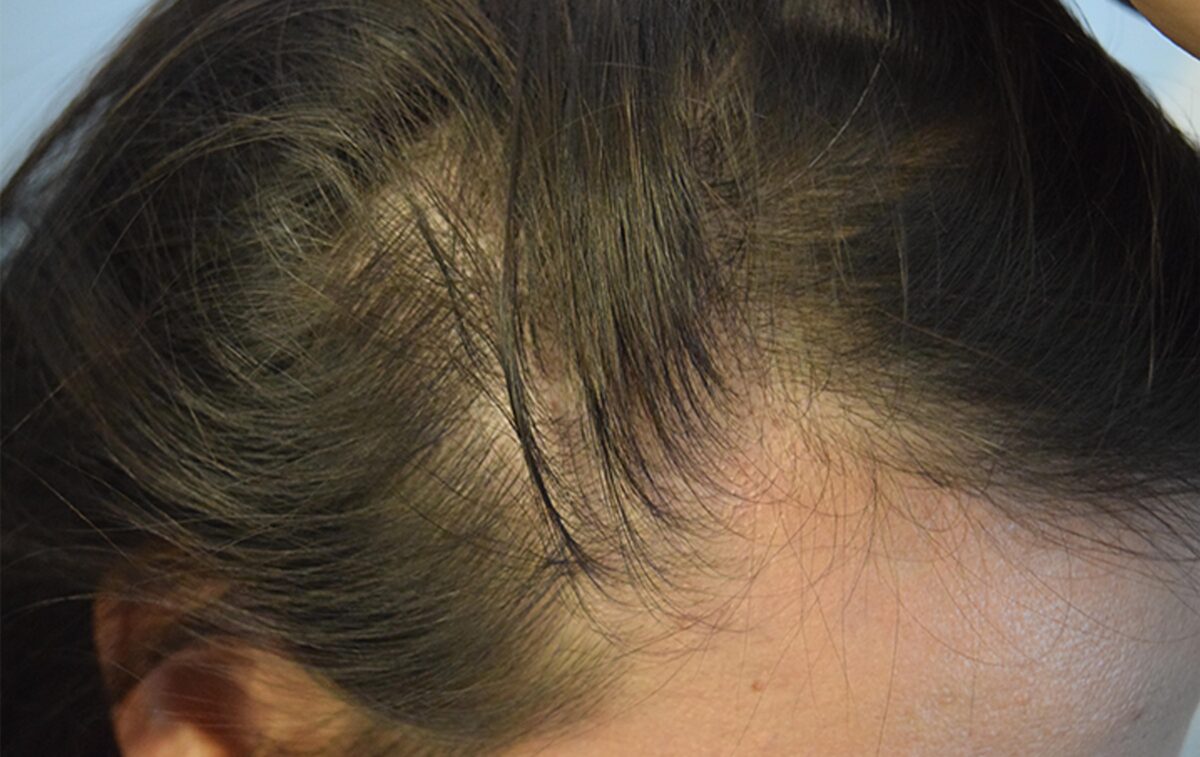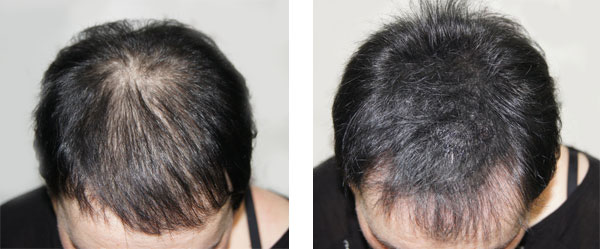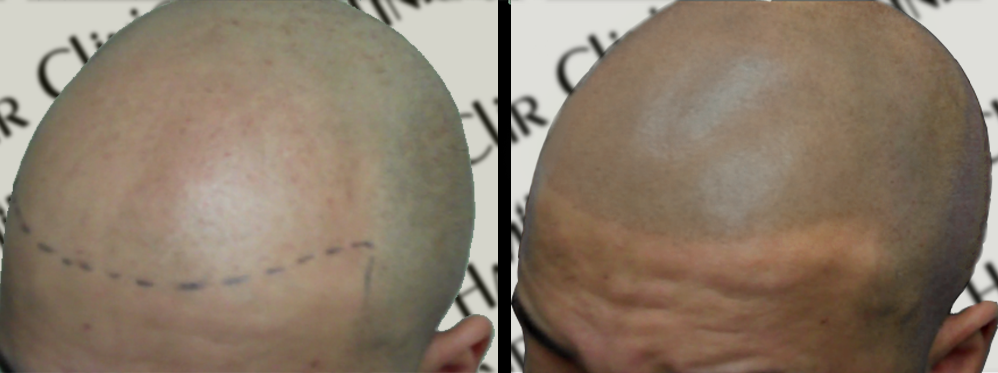Yes, diet and hair loss are connected. In fact, diet-induced hair loss is a reality. Your diet can affect your hairline and overall hair health. Several studies have shown a connection between nutrient deficiencies and hair loss or thinning hair, including a receding hairline.
Causes of diet-induced hair loss
Protein deficiency
Since hair is made up of a protein known as keratin, deficiency can lead to hair loss, including a receding hairline. A study published in the Journal of Cosmetic Dermatology found that patients with diffuse hair loss had significantly lower protein levels compared to those without hair loss.
Iron deficiency
Iron is essential for carrying oxygen to hair follicles. A study in the Journal of the American Academy of Dermatology found that women with iron deficiency anemia suffered from a higher rate of hair loss.
Zinc deficiency
Zinc plays a crucial role in hair growth and repair. A study in the Annals of Dermatology found that zinc supplementation improved hair growth in people with temporary hair loss caused by zinc deficiency.
Vitamin D deficiency
Vitamin D receptors are present in hair follicles, and a deficiency can disrupt the hair growth cycle. A study in the British Journal of Dermatology found that women with female pattern hair loss (including hairline recession) had lower vitamin D levels than those without hair loss.
Biotin or vitamin B7 deficiency
Biotin is a B-complex vitamin that helps promote healthy hair growth. A small study showed that biotin supplements improved hair growth in participants with temporary hair loss.
Crash diets
Severe calorie restriction can trigger telogen effluvium, a temporary form of hair loss. When calorie intake is drastically reduced, the body prioritizes essential functions over hair growth.
Severe calorie restriction in crash diets, such as keto, can lead to nutrient deficiencies and disrupt the hair growth cycle. When hair growth is disrupted, hair loss is predictable.
Is Diet The Solution?
While diet can impact overall hair loss, the specific effect on your hairline remains unclear. Hair loss patterns, including receding hairlines, are often influenced by genetics and hormones like testosterone. However, some studies suggest that nutritional deficiencies can worsen existing hair loss patterns, potentially making a receding hairline more noticeable.
No doubt, a healthy diet is crucial to a healthy you.
But in many cases, diet alone is not a solution to hair loss. Many causes of hair loss can trigger hair shedding, and diet may not help.
So scalp micropigmentation can be an alternative to addressing hair loss, regardless of the cause.
SMP is non-invasive and minimally disruptive. The process involves using microneedles to deposit pigment into the scalp and is relatively painless.
SMP results are visible almost immediately after the procedure. You’ll see a fuller head of hair without waiting for transplanted hair to grow.
Hair transplants might not be suitable for all hair loss patterns, but SMP sounds like a better alternative.
However, it works only when an experienced and skilled Arizona SMP practitioner performs the procedure. Getting SMP from a tattoo artist might turn out to be a nightmare experience. Find Arizona SMP experts at DermiMatch Clinic.




